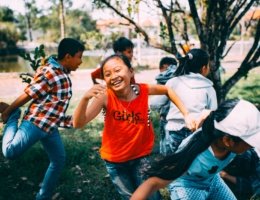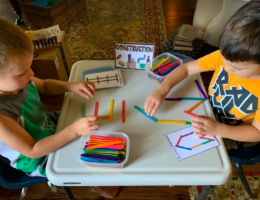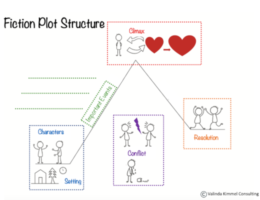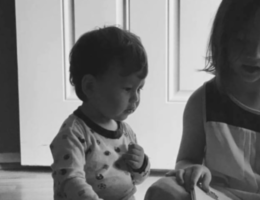Three families have contacted me in the last few weeks asking me to meet with their children over the summer months to read, write, and talk about texts. Today was the first meet-up with two of the families which included five students total, ages 5-14. There will be– no worksheets no pre-packaged summer packets no …










